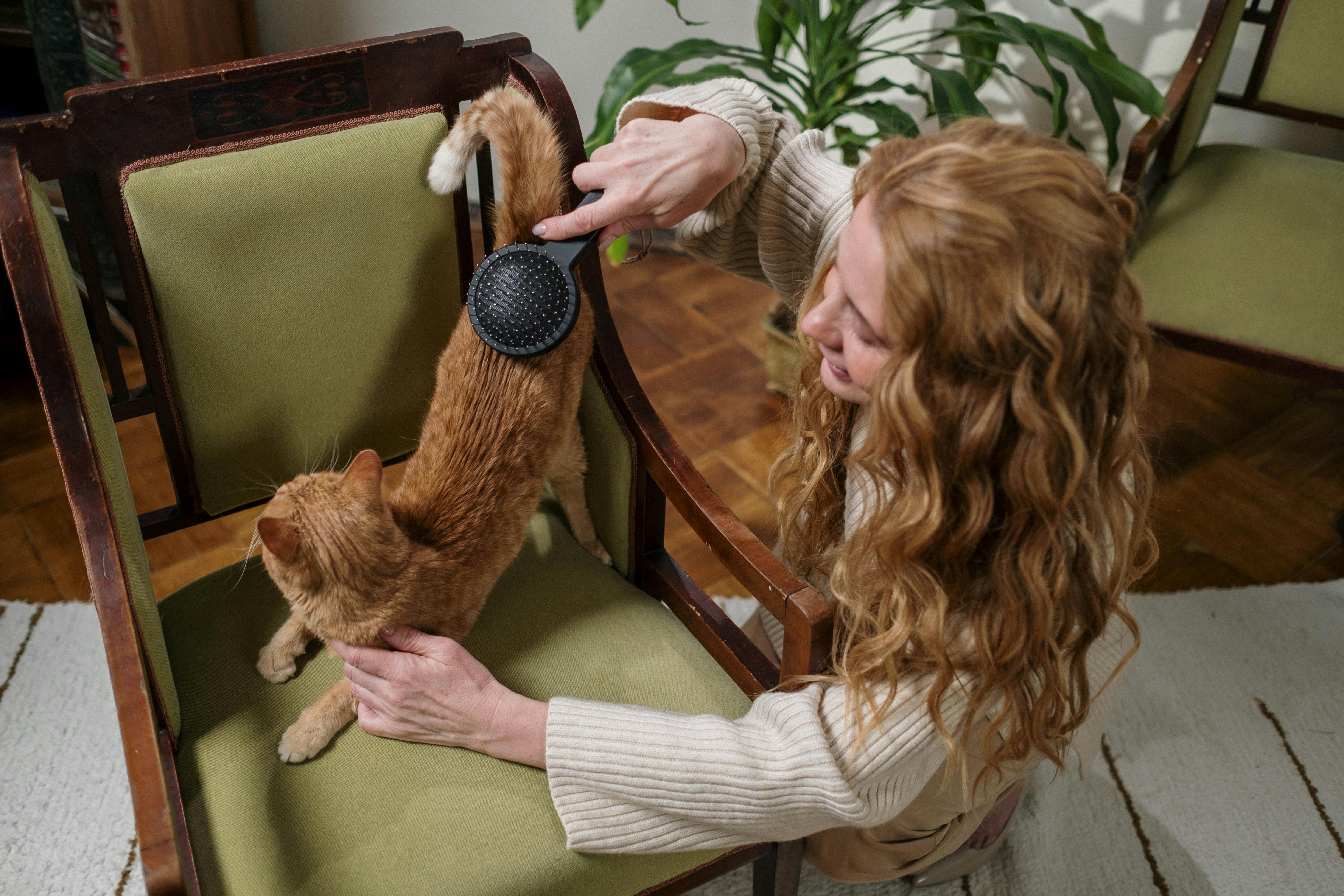
cancer for dinner
Dr. Virginia Livingston-Wheeler explains in the conquest of cancer that the potential for chickens to have cancer is almost 100%. This isn’t exactly a good bet the next time you’re nibbling on a fried chicken wing. Do the animals you eat have cancer? Would you still eat them if you found out how sick they were when they were slaughtered? Institutes around the world are spending millions of dollars in the search for a cure for cancer. This is admirable, but it doesn’t seem like anyone is looking at the dinner plate in front of them for the obvious cause of many cancers that afflict society today.
To maximize profits, industrial feed factories crowd animals into covered cages with little fresh air and sun. Living in such crowded conditions causes intense stress, as well as the possibility of rampant disease. It is a very sad irony that the above description sounds uncomfortably similar to the working conditions of your average office worker who works so hard every day just to earn enough money to pay for insurance or medical bills.
Animals are routinely fed antibiotics by the ton to minimize economic losses due to disease. Please note that medications are used to treat all the animals, not just those who are sick. Antibiotics are used to protect the investment of the livestock corporation by keeping animals alive long enough to be sent to slaughter. What happens to those chemicals once they are ingested by cows, pigs, or chickens? Do these hormones affect the people who eat those dead animals? What diseases are linked to the consumption of these chemicals? An even scarier scenario is that large numbers of bacteria have now become drug resistant due to overuse of antibiotics in farm animals. The massive use of antibiotics and chemical fertilizers also end up in our water supply. Microorganisms that have developed resistance to all antibiotics can cause epidemic diseases in humans and animals. How many global scares have we had in the last ten years regarding pigs, birds and cows?
I am curious to know how much profit is generated by the manufacture and sale of vaccines to combat these diseases. Is this enough to make you suspicious if perhaps there is something wrong with eating meat liberally spiced with antibiotics? Would you like to take a step further in a process that is largely hidden from public view?
animal sacrifice
Even if all animal products were really clean, safe, and chemical-free, the animals still have to be slaughtered to get them to market. Is it something you could do yourself? Could you put a knife to the throat of a cow or a pig? Would you commit this murder in front of a seven year old? Could you cut off the head of a chicken or a turkey? Have you ever seen this happen in real life or seen it in a movie? Do you want to see such violence? Do humans have the right to do this to animals? Do humans have a responsibility to the earth and other living beings to be humane, ethical and respectful of life? I can’t answer all these questions for anyone. All I can do is ask you to ask yourself.
Yes, let me be the first to tell you that if you ate chicken or beef today, someone, somewhere had to kill that animal to get it on your plate. With what humanity are animals sacrificed? Are they gently injected into a peaceful sleep, or are they mercilessly hung from the rafters of the factory? Are their throats slit and their blood allowed to drain all over the floor while they are still alive? Do you know the origin and conditions of the slaughterhouse where your meat is processed? Many people say that they enjoy a good steak; What if they used different language and said: I like to eat dead cow. It doesn’t sound so appetizing when we call it what it is.
If this isn’t enough, the animals are slaughtered, including the cancerous parts, and the meat is dyed to keep it looking fresh, coated with preservatives for easy transportation, and appears fresh and flavorful at your local market. What about the preservatives and dyes that are put into every meal? Like all other hormones, antibiotics, and chemicals, preservatives and dyes are an important part of your diet. All of these concerns directly affect your personal health and the health of your loved ones. I hope you are beginning to understand why it is up to us to weigh all these unpleasant spots in a life that focuses on personal development.